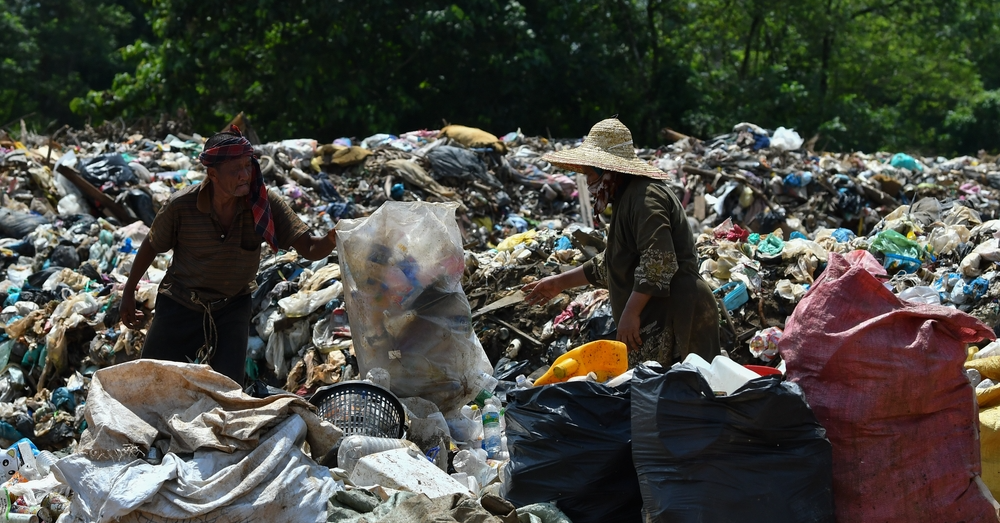Waste Colonialism & The Trade of Recycled Plastic
Lydia Chai, Lawyer
14-Jun-23 15:00

Embed Podcast
You can share this podcast by copying this HTML to your clipboard and pasting into your blog or web page.
Close
In 2018, China’s National Sword Policy came into effect, banning 24 (later 32) types of solid waste imports to the country, including plastic and paper waste. This, we know, caused a global disruption in the recyclable material market and redirected plastic waste to new destination countries, primarily in Southeast Asia. From January to July 2018, Malaysia became the world's top destination for plastic waste exports. This influx led to a sharp rise in illegal recycling facilities and illegal dumpsites, causing land, water and air pollution. This has been described as being akin to “waste colonialism” - where more powerful countries export their toxic waste problem to developing countries and acquire local resources to meet their own goals. In New Zealand, it was reported that since 2014, the country has sent over 300,000 tonnes of plastic waste overseas - mostly to developing countries, including Malaysia. There is now a petition for the country to ban plastic waste exports to developing countries, a campaign being led by Malaysian-born lawyer Lydia Chai. Lydia joins us, to share more.
Image Credit: KHAIRUL FIKIRI OSMAN / Shutterstock.com
Produced by: Juliet Jacobs
Presented by: Juliet Jacobs
This and more than 60,000 other podcasts in your hand. Download the all new BFM mobile app.
Categories: international, Law/Activism, environment
Tags: waste colonialism, myth of plastic recycling, plastic waste, plastic pollution,

